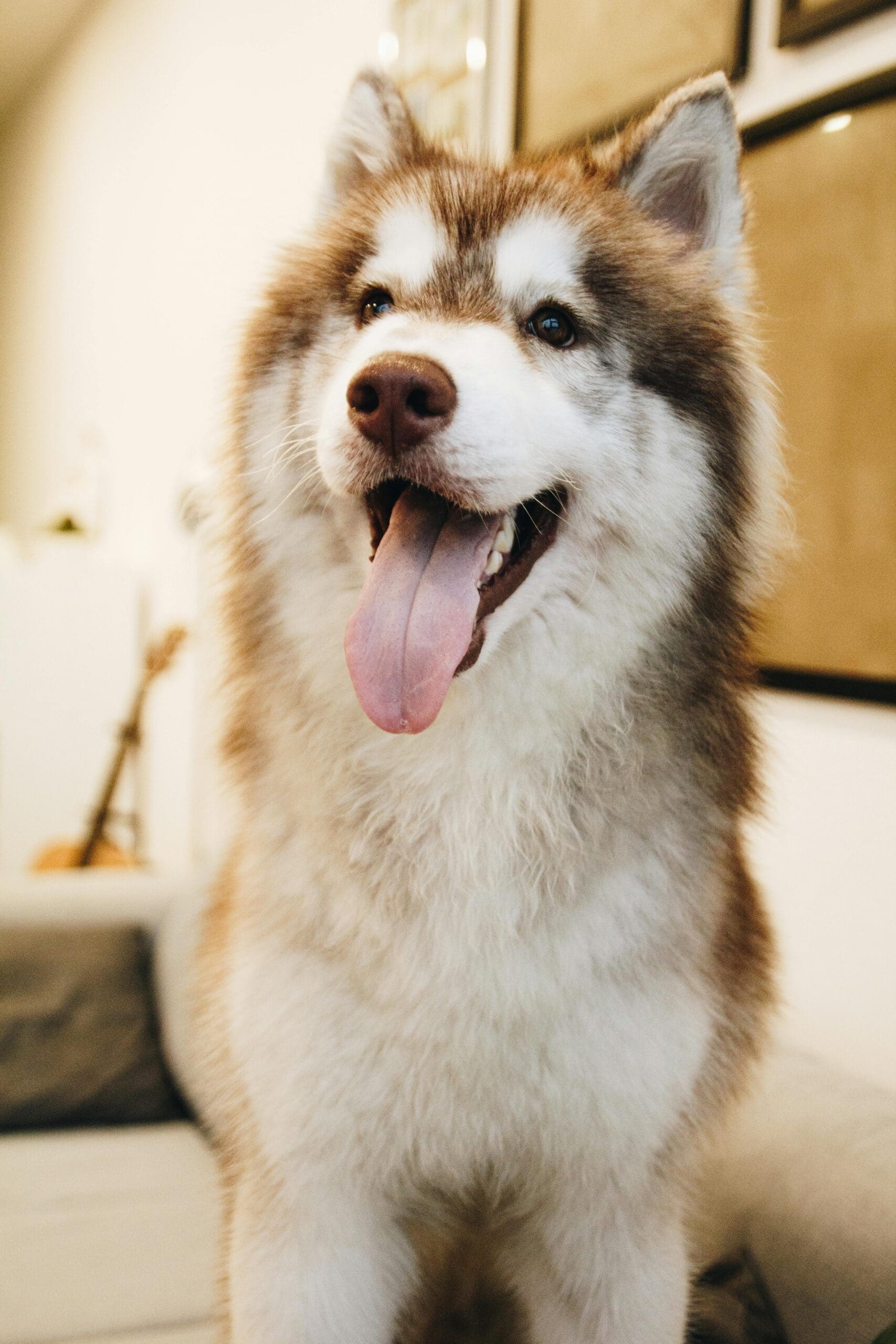
Understanding the Digestive System
To shed light on why your dog’s farts might be less than pleasant, it’s important to understand a bit about their digestive system. Dogs, like humans, can have digestive issues that lead to excessive gas. The process of digestion in dogs can sometimes produce gases like methane, hydrogen, and carbon dioxide, which can result in the not-so-pleasant odors that we sometimes encounter.
Diet Matters
One of the key factors that can contribute to your dog’s smelly farts is their diet. Just like in humans, certain foods can lead to increased flatulence in dogs. If your furry companion’s diet includes ingredients that they may have trouble digesting, it could result in gassiness. Additionally, some dogs are more sensitive to specific food items, such as dairy products or certain types of grains, which can also lead to increased gas production.
Potential Health Issues
While occasional gassiness is considered normal for dogs, excessive or particularly foul-smelling gas could be an indicator of an underlying health issue. Conditions such as gastrointestinal infections, food intolerances, or inflammatory bowel disease can lead to increased flatulence in dogs. If you notice a sudden change in your dog’s gas production or if their farts have become significantly smellier than usual, it may be a good idea to consult with a veterinarian to rule out any potential health concerns.
Environmental Factors
Apart from diet and health, environmental factors can also play a role in your dog’s flatulence. Dogs that gulp their food quickly or those that tend to scavenge for scraps can inadvertently swallow air, leading to increased gas production. Stress and anxiety can also impact a dog’s digestive system, potentially contributing to gassiness.
Managing Your Dog’s Flatulence
If you’re concerned about your dog’s smelly farts, there are several steps you can take to help manage this issue. Firstly, consider evaluating your dog’s diet and making necessary adjustments. Switching to a high-quality, easily digestible dog food may help reduce gas production. Additionally, ensuring that your dog eats at a steady pace and providing them with a stress-free environment can contribute to better digestive health.
Regular exercise is also beneficial for your dog’s overall well-being, including their digestive system. Physical activity can help regulate their bowel movements and reduce the likelihood of excessive gas buildup.
When to Seek Veterinary Advice
While occasional gas is normal for dogs, persistent or particularly foul-smelling flatulence could be a cause for concern. If you notice a sudden change in your dog’s gas production or if their farts have become increasingly odorous, it’s essential to consult with a veterinarian. They can help identify any underlying health issues and provide guidance on managing your dog’s digestive health more effectively.
While smelly dog farts can be a bit of a stinky problem, understanding the factors that contribute to this issue can help you address it more effectively. By paying attention to your dog’s diet, overall health, and environmental factors, you can take steps to minimize their flatulence and ensure their digestive system stays in good shape.
Remember, your dog’s well-being is your top priority, and addressing any concerns about their digestive health is an important part of being a responsible pet owner.[/fusion_text]

